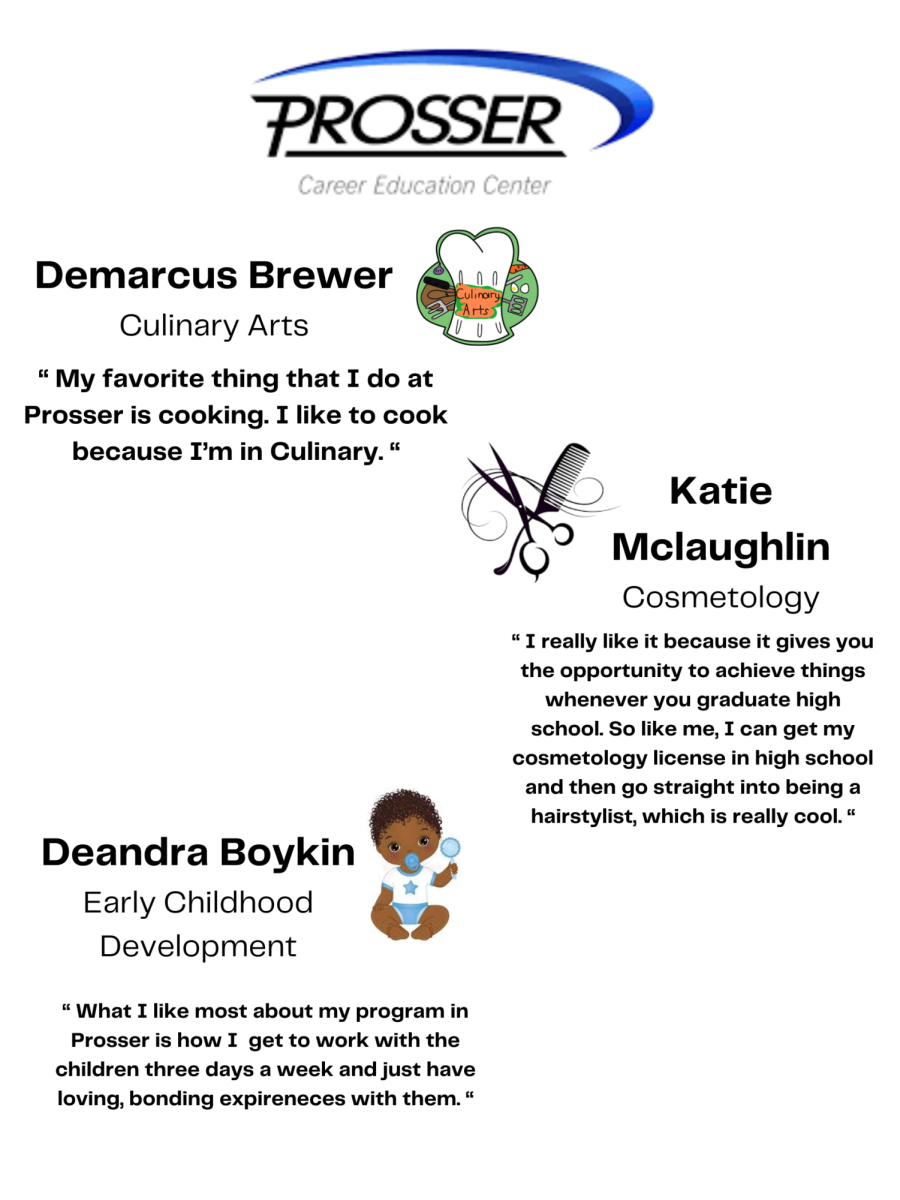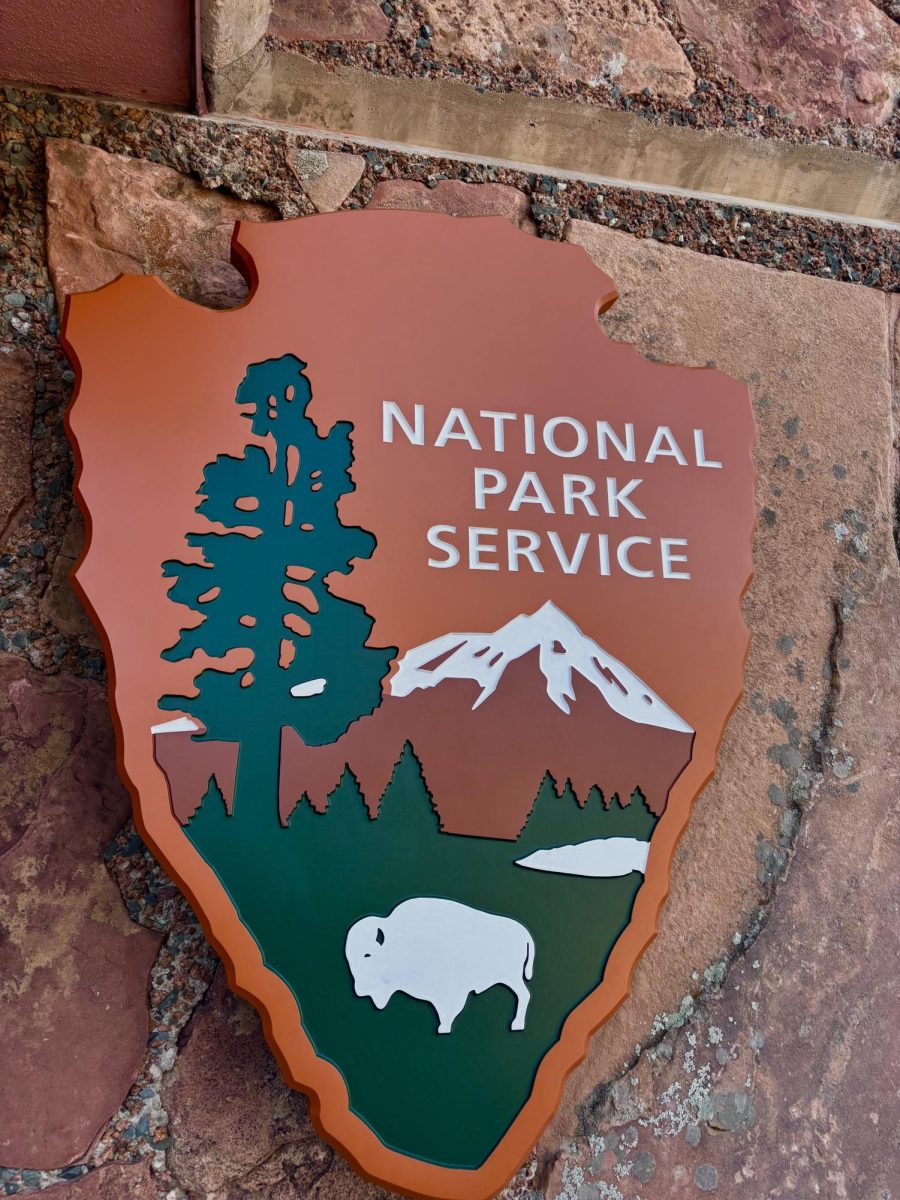iPads replace textbooks in area schools
By: Caroline Utz
“There’s an app for that” has a whole new meaning as technology like iPads are not just for epic games of Words with Friends anymore. Educators across the country are integrating the popular devices into classrooms everywhere, replacing good old-fashioned textbooks with state of the art tablets. Providence High School is just one of many recent schools to make the jump from conventional to cutting-edge.
According to their website, Providence High School is “excited to begin using revolutionary tools that will personalize and differentiate instruction for our students in a way that is a complete education game-changer.” The advanced devices may be used for textbooks in some cases, educational apps, and quick access to the Internet. While all students are required to have an iPad beginning next year, book fees have been eliminated.
“I’m really excited for [the iPads] because no other high schools in the area have them,” Providence freshman Emma Galligan said. “We won’t have to carry books around; they’ll be electronically on our iPads.”
Some NAHS students, however, do not believe in requiring students to own an iPad.
“Students might be able to pay for tuition, but some may not be able to spend extra money on an iPad,” junior Myranda Atkins said.
A similar program is already in effect at Charlestown Middle School (CMS) to successful results. Beginning this school year, the 1:1 Initiative gives one Apple Macbook to each student in the school. Though the computers are primarily used for research and educational websites, next school year hard-cover textbooks will be a thing of the past as online books take their place.
“Next year we are not ordering textbooks for the first time,” CMS teacher Ms. Brooke Lannan said. “Online texts will be our sole provider for curriculum.”
At an estimated $600,000 total for the laptops, according to Lannan, providing every student with a laptop is quite costly. Through assistance from private donors, grant money, the school corporation, the town of Charlestown, and the mayor, the program was able to get off the ground and take the majority of the costs from students.
“Students rent their laptops and pay a $100 insurance fee at the beginning of the year,” Lannan said. “There are special programs for free and reduced lunch students to help cover insurance costs. The laptops are returned at the end of the year where they are cleaned and re-imaged with updates.”
As with any educational evolution, there are drawbacks to this program as well.
“Students can be very irresponsible with the laptops,” Lannan said. “As a result of their carelessness, many laptops have been dropped, broken, and heavily damaged.”
However, the majority of the praise for this initiative concerns the ease of research and educational assistance.
“The laptops make research on any topic so easy,” Lannan said. “There are so many interactive math, language arts, and science sites that are available 24/7 for student use.”
While NAHS has no current plans to integrate Apple products school-wide, some teachers are already excited about the possibility of such technology in the classroom. (See adjacent story)
“NAHS would benefit greatly from iPads in the classroom,” English teacher Mrs. Lorie Hollis said. “Textbooks could be downloaded onto the iPads, and students would be unburdened from lugging heavy books form class to class. And again, having that instant Internet access is so helpful when you are reading novels or studying practically anything.”
NAHS students, however, have mixed reactions to this program.
“iPads would not be a good tool to use in the classroom,” senior Demetrius Wilson said. “They would just be distracting. Instead of learning, people could be doing other things.”
Junior Kaylind Batey disagrees to an extent.
“iPads have many educational benefits, however It is necessary to have restrictions,” Batey said.
As with any educational evolution, there are drawbacks to this program as well.
“Students can be very irresponsible with the laptops,” Lannan said. “As a result of their carelessness, many laptops have been dropped, broken, and heavily damaged.”
However, the majority of the praise for this initiative concerns the ease of research and educational assistance.
“The laptops make research on any topic so easy,” Lannan said. “There are so many interactive math, language arts, and science sites that are available 24/7 for student use.”
While NAHS plans to place a Smartboard in each classroom by the start of next school year, some teachers are already excited about the possibility of implementing iPad technology in the classroom.
“NAHS would benefit greatly from iPads in the classroom,” English teacher Mrs. Lorie Hollis said. “Textbooks could be downloaded onto the iPads, and students would be unburdened from lugging heavy books form class to class. And again, having that instant Internet access is so helpful when you are reading novels or studying practically anything.”
NAHS students, however, have mixed reactions to this program.
“iPads would not be a good tool to use in the classroom,” senior Demetrius Wilson said. “They would just be distracting. Instead of learning, people could be doing other things.”
Junior Kaylind Batey disagrees.
“iPads have many educational benefits, however it is necessary to have restrictions,” Batey said.






